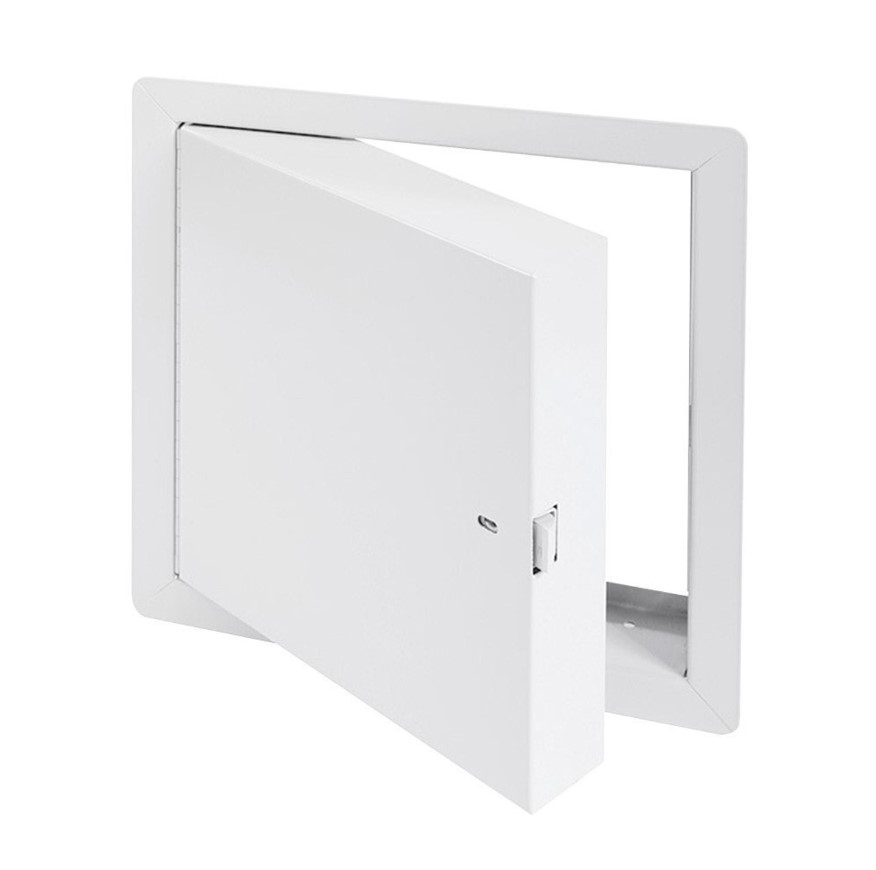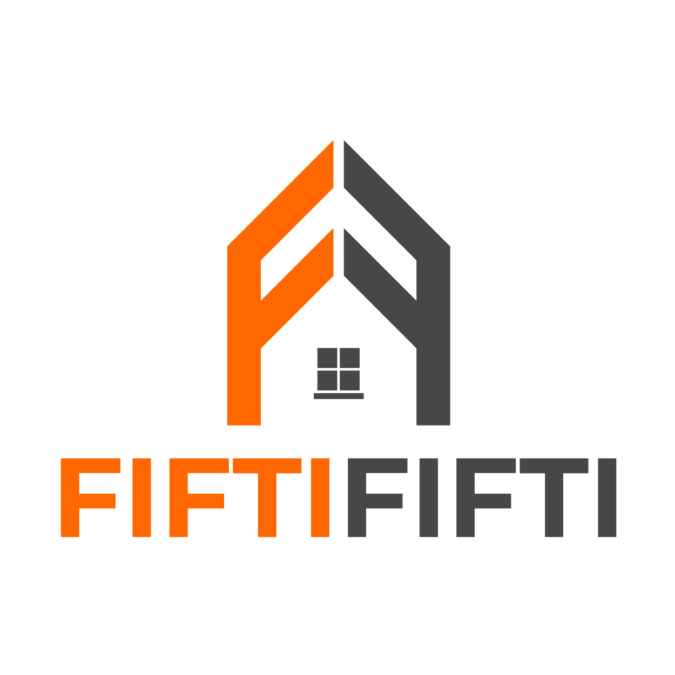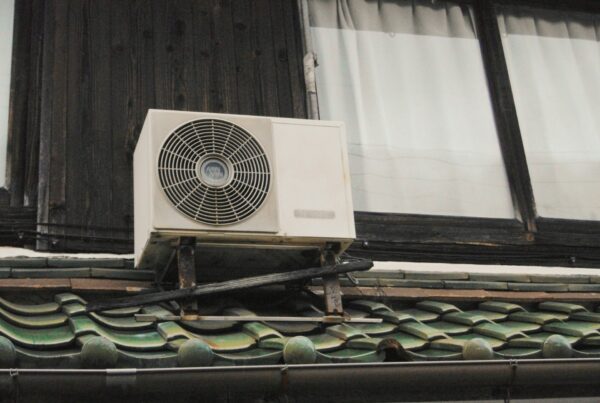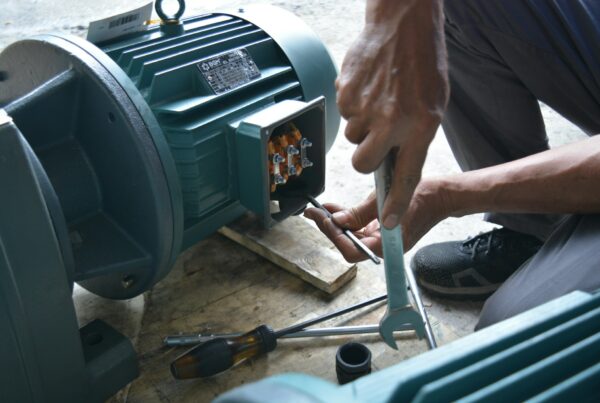Last Updated on May 17, 2023
According to a recent blog post, fire ranks as one of the most prevalent property damage types, along with wind, water, and burglary, specifically in the US region. What’s more devastating is that about 75% of fire incidents lead to civilian deaths.
Hence, owners must safeguard their buildings with proper fire-resistant utilities like fire-rated access panels to protect their establishment from severe fire damage and meet specific structure codes.
In this article, we’ll delve into various factors vital for you to consider when selecting the right fireproof access door for a particular space. But before we discuss these aspects, let’s get to know the fire-rated access doors first:
What is a fire-rated access panel?
A fire-rated access panel is a door or cover designed to provide access to a building’s mechanical, electrical, or plumbing systems while meeting specific fire resistance requirements. These panels are typically installed in walls or ceilings and allow maintenance personnel to access critical building systems without the need to damage or demolish walls or ceilings.
It often constructs materials tested and certified to resist fire for a specified period, typically between 30 minutes to 3 hours. Fire-rated access doors strictly require installation according to specific guidelines to ensure the fire resistance rating is not compromised. These panels are available in various shapes, sizes, and configurations to suit different building requirements and can be customized to match the surrounding finishes.

Fire-rated access panels are one of the crucial components in achieving fire-resistant access within the vicinity, as they grant a secure and comfortable way to access critical building systems while maintaining the integrity of the fire-rated barrier. Owners and construction professionals commonly use it in commercial establishments, industrial structures, institutional buildings, and in-home properties where building codes require fire-rated protection.
After familiarizing yourself with the essential functions and features of a fire-rated access door, it’s time to tackle the vital factors you must note when finding the right fire-resistant panel for your property.
1. Fire Rating
The fire rating is perhaps the most crucial factor when selecting a fire-rated access panel. It’s how an access door can resist fire and smoke for a period. Standard fire ratings can include the following:
- 1-hour ratings
- 2-hour ratings
- 3-hour ratings
However, some panels may have higher ratings depending on the application. It’s essential to select a panel with the appropriate fire rating for the location in which you plan to install it.
2. Material
The material of the access panel is another critical factor to consider. Experts made fire-rated access panels with various sturdy materials, including steel, aluminum, and gypsum.
Steel panels are the most durable and provide the highest level of security, while aluminum panels are lightweight and corrosion-resistant. Gypsum panels are an affordable option and are easy to install. Consider the application and location of the panel to determine which material is most suitable.
3. Size and Configuration
Access panels come in various sizes and configurations to fit different spaces and applications. Choosing one that matches the opening and provides adequate access to the systems behind it is vital.
The panel configuration, such as hinged, removable, or sliding, should also be considered. Hinged panels provide a secure seal but may be difficult to access in tight spaces, while sliding panels are easier to access but may not provide as tight of a seal.
4. Installation
The installation process is another fundamental consideration when selecting a fire-rated access panel. Some panels may require professional installation, while others are simple enough to install by the building owner or maintenance staff. Thus, you must also examine the product’s ease of installation and cost when choosing the right panel.
5. Code Compliance
Fire-rated access panels must comply with local and national building codes and standards. Be sure to pick a panel that meets all applicable regulations and standards to ensure the safety and legality of the installation.
6. Maintenance and Upkeep
Finally, consider the maintenance and upkeep requirements of the access panel. Some panels can demand regular cleaning or lubrication to maintain their integrity, while others only need to be replaced periodically. Hence, it’s wise to pick a panel that fits within the maintenance schedule and budget of the building.
A wide range of fire-rated access panel types is available in the market. The most common types you can encounter are the following:
- Metal access panels: These panels are steel or aluminum-built fire-rated doors. Contractors typically install it in commercial and industrial buildings. They are highly durable and can withstand fire for a specified period.
- Gypsum access panels: Made of gypsum, these fire-rated panels are often available in homes and commercial buildings. They are lightweight and easy to install. Moreover, you can paint or get it wallpapered to match the surrounding finishes.
- Glass access panels: These access doors consist of fire-rated glass, commonly used in areas where visibility is essential, such as stairwells and corridors. They provide a clear view of the systems behind the panel and allow customization with tinting or frosting.
- Plastic access panels: There are also panels built of fire-rated plastics, often seen in houses and commercial buildings. They are light in size and effortless to install. Furthermore, you can paint it to blend seamlessly with its surroundings.
- Specialty access panels: The specialty fire-resistant panels are for specific applications, such as access to fire dampers or air handling units. They are available in different dimensions and configurations, conforming to diverse building requirements.
Boost your fire protection with fire-rated access panels
Picking the right fire-rated access panel demands careful consideration of factors such as fire rating, material, size and configuration, installation, code compliance, and maintenance requirements. By analyzing these factors, you can ensure that the panel you choose provides the necessary level of fire protection and ease of access for your building’s mechanical, electrical, and plumbing systems.




